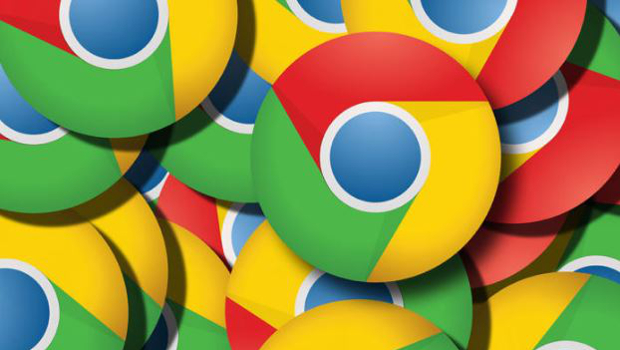
Chrome 70 fixes Google’s controversial sneaky sign-in policy, kind of
Google has begun pushing out Chrome 70 late on Tuesday, reluctantly providing a solution to fix its controversial sign-in snafu while also introducing app-like Progressive Web Apps to Windows machines. That fix still comes with a catch, though.
Chrome 69, the last major release, hid a disturbing twist: if you log into Gmail or another Google service, Chrome automatically logs you into the browser as well. That means you’ll automatically begin sharing browsing data with Google, like it or not. Privacy experts raised a stink and Google quickly promised to address the concerns.
Chrome 70 indeed comes with a toggle to turn off linking Web-based sign-in with browser-based sign-in. Unfortunately, the option is opt-in, not opt-out. In other words, signing in to a Google service will still automatically log you into Chrome by default. Google doesn’t explicitly tell you about the new “feature,” either.
To opt out, you’ll need to enter the Settings menu by clicking the three vertical dots, all the way in the upper-right corner of the browser. From there, you’ll need to enter the Advanced settings at the very bottom and find the ‘Allow Chrome sign-in’ toggle, then turn it to off. Doing so lets you sign into Google services like Gmail and Maps without signing into the Chrome browser itself.
Google would like you to believe that it’s doing you a favour by signing you into Chrome when you log into its other services. And for many people, that’s true. It’s still a little arrogant to offer a feature to separate browser sign-ins from account sign-ins without even specifically calling out the option to users, though.
Progressive Web Apps
Google 70 now also supports Progressive Web Apps, a cross-platform improvement that isn’t specifically linked to Chrome. Progressive Web Apps, as the name suggests, are webpages that look and feel like apps. In fact, you can install them in Windows 10 just like ‘normal’ apps. Microsoft has begun pushing some PWAs through the Microsoft Store; if you download the Twitter app, for example, chances are that it’s a PWA.
Now Google is doing the same. You may find that certain websites will begin advertising versions of themselves as installable apps, as Google notes here. Spotify is one example:

You don’t have to install the app, of course, but it’s there if you want it. Mac and Linux users are expected to receive PWA support in Chrome 72.
IDG News Service






Subscribers 0
Fans 0
Followers 0
Followers